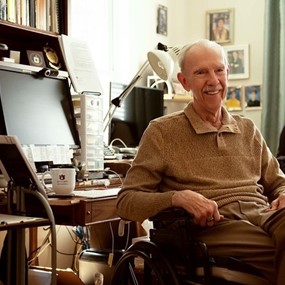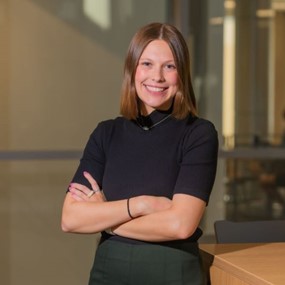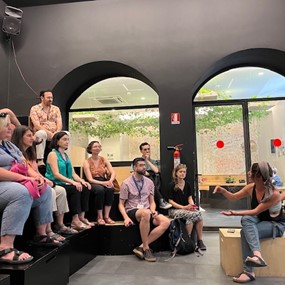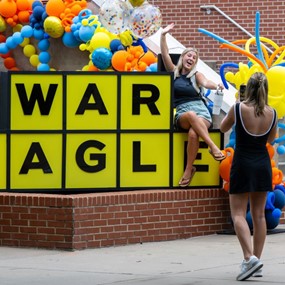Going for gold with Spanish: Susan Melton’s ’76 career spans Olympic medalists to phone bills
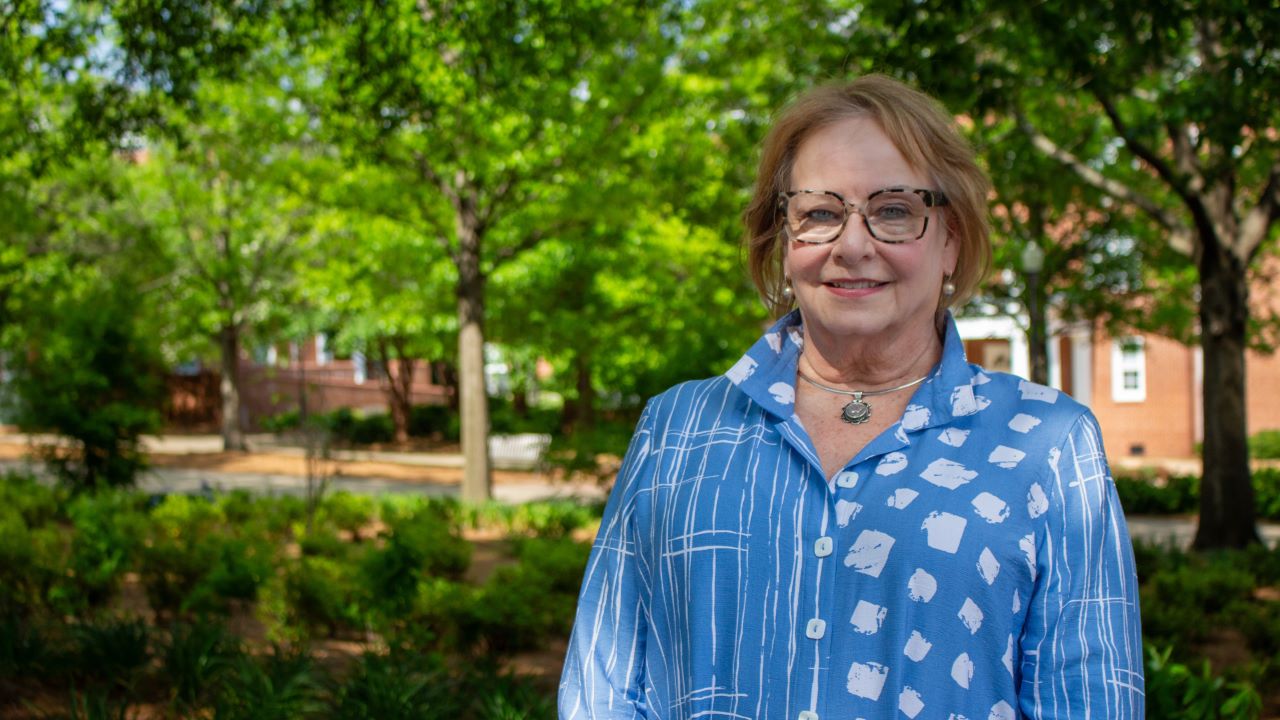
Susan Melton ’76 has translated her Auburn education everywhere from the streets of Madrid to the Olympic podium. Her story proves that throughout global industry and events, whether in person or over the telephone, a foreign language education can connect us all.
Melton graduated from Auburn right after her first study abroad trip to Spain with a double major degree in Spanish and Secondary Education. After teaching high school Spanish for two years, she audited another study abroad program to Spain. While she was there, she found a job in downtown Madrid and stayed to improve her language skills.
“I think I still hold the record with the study abroad program of being the only one that never came home,” Melton said.
Eventually, Melton did come home. When she returned to the U.S., technology and programming were booming. Computer science was widely open for women candidates, so she earned another bachelor’s in Birmingham.
“I interviewed with one of the professors and asked them with my background, would it be a benefit or a detriment to pursue studying computer science,” Melton said. “He said obviously mathematics is something that helps a whole lot, but people who know languages or music usually do well too, because you're studying programming languages.”
With skills in languages – both world and programming – Melton became a successful programmer at the South Central Bell phone company (which later became part of BellSouth and is now part of AT&T). Through the corporate connections at the company, she was chosen with a handful of other co-workers to translate documentation sent from the Barcelona Olympic Committee to the Atlanta Olympic Committee to use during planning and preparation for Atlanta ’96.
When the Olympics came to Atlanta four years later, Melton was invited to be a volunteer Spanish interpreter. Because every sport did not have professional translators, Melton worked with everyone from Cuba’s, Spain’s and Venezuela’s weightlifting and Mexico’s and Peru’s table tennis teams to Spain’s handball and Hungary’s Judo teams. As a token of appreciation for her work, one Olympic gold medalist gifted her his gold medal ceremony bouquet.
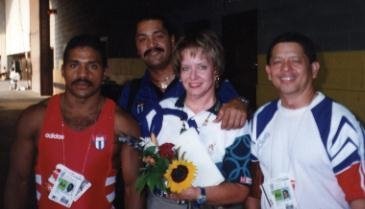
Because of Melton’s love of Spanish, she was able to navigate several Latin-based languages and connect with people on a cultural level.
“Knowing another language not only helps you understand your own better, but it helps you understand other languages that are similar,” Melton said. “I never studied French, but I can understand some because I know Spanish. Same with Italian. It opens more doors and helps you to communicate with other people.”
That connection first inspired Melton to study Spanish. As a child growing up in Ft. Lauderdale, Florida, Melton saw a rise in Spanish language and culture brought by people fleeing Cuba in the early 60’s. She later studied Spanish in high school in Birmingham and never looked back.
Years later, as a programmer for BellSouth, her story would come full circle. The people who inspired her love of language were the audience for the company’s new project: a Spanish language customer bill for the state of Florida.
Melton, alongside the team at the Birmingham headquarters, worked to translate the bill for correct grammar and appropriate phrasing from English to Spanish.
“They could randomly put phrases together based on whatever the customer’s billing requirements were, so they needed something that could be compartmentalized, if you will. But they also needed help with context,” Melton said. “They have so many Spanish speaking residents there, and they were using a new software technology that similar to putting a puzzle together.”
Today, that project is considered to be one of the first Spanish-language customer bills.
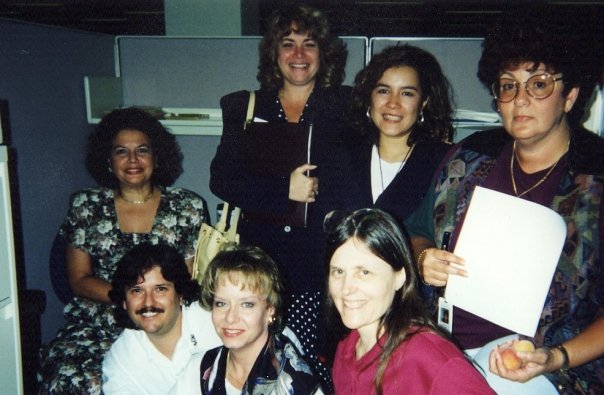
After a long career in technology and consulting, Melton retired and moved back to Auburn permanently for its atmosphere and spectator sports.
She serves on the board for the Auburn Heritage Association, an organization dedicated to historic preservation. This October, the Auburn Heritage Association will host its biennial Pine Hill Cemetery Lantern Tour, during which volunteers in historic clothing will portray characters that bring life to residents buried there and entertain guests with the story of their role in Auburn’s history, while guides with lanterns lead them in small groups through the resting grounds.
Melton said the tour takes at least nine months of intense planning, but she and the other association members all feel that Auburn is a place worth preserving.
“It’s hard to explain, and you’ve probably heard this before, but there is something about Auburn that is just a feeling,” Melton said. “You just feel like you’re where you’re supposed to be. That rang true for me.”
As Melton reflects on how her Auburn education prepared her for the wide world, she hopes to help other students experience the transformative power of studying abroad.
When she was a student, she convinced her parents to allow the trip by crunching the numbers and found that studying abroad would cost roughly the same as a semester on campus. Much has changed since she made those calculations, so Melton is working to establish a scholarship for students studying language abroad.
“It was, from my experience, the best way to reinforce what you’ve already learned because you get to put it to use,” Melton said. “You also learn things that they don’t teach you because of its context in real, daily life. There’s a lot of different Spanish speaking countries in the world, and each of them, the different Spanish dialects, if you will, are different. That is invaluable for anybody’s who’s studying a foreign language.”
Learn more about study abroad programs in the Department of World Languages, Literatures & Cultures.





